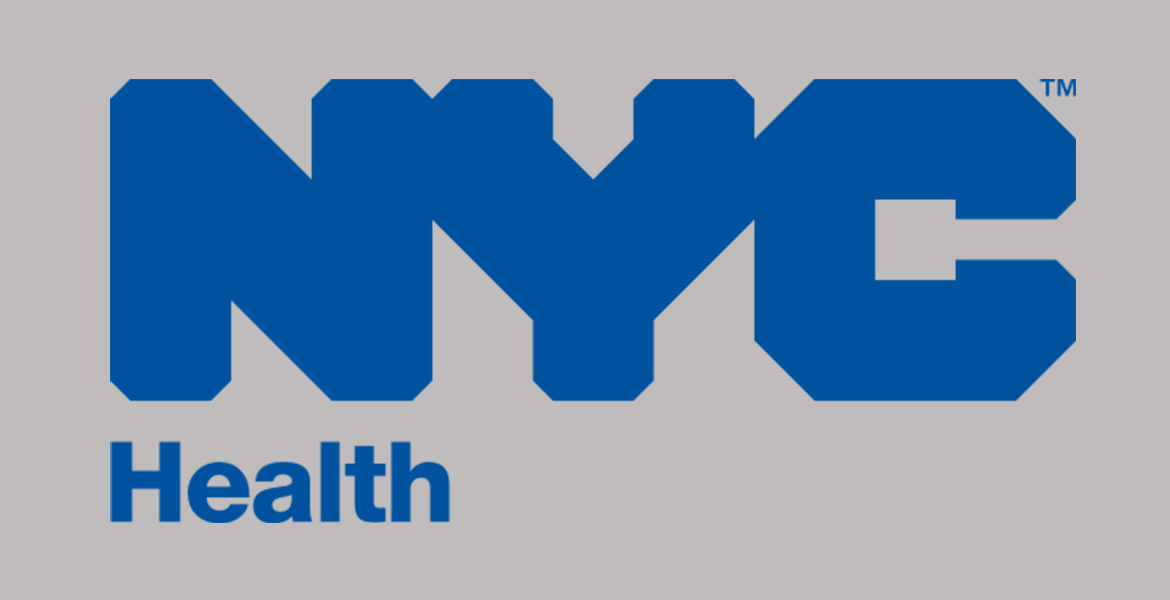Housing Services (Supportive Housing)
Services
Supportive housing programming offers tenants with assistance in getting jobs, reuniting with families, getting treatment and recovering from mental health problems. Participation in services is voluntary and is designed to meet the needs of each resident. Support services include:
• Case management
• Educational, vocational and other recovery-oriented services
• Medication management and counseling
• Assistance in gaining access to government benefits
• Referrals to medical services, mental health care and treatment for drug and alcohol use
• Recommendations for other needed services, such as legal support
About
Housing Services (Supportive Housing) Supportive housing is a combination of affordable housing and support services designed to help individuals and families use housing as a platform for health and recovery following a period of homelessness, hospitalization or incarceration or for youth aging out of foster care. Supportive housing is affordable, permanent and independent housing that meets the needs of tenants by providing support and that is integrated within a neighborhood and community. The two primary types of supportive housing are: Single-site (also referred to as congregate): A designated building where each individual or family has a private living quarters and may share kitchens and/or common recreational rooms or other facilities. Scattered-site: Units in apartment buildings spread throughout a neighborhood or community that are designated for specific populations, accompanied by supportive services.

The Legal Aid Society is more than a law firm for low-income New Yorkers. It is an indispensable component of the legal, social, and economic fabric of New York City — passionately advocating for individuals and families across a variety of civil, criminal defense, and juvenile rights matters, while also fighting for legal reform. Just like the city we represent, The Legal Aid Society is also one of the most diverse law firms in the nation.

